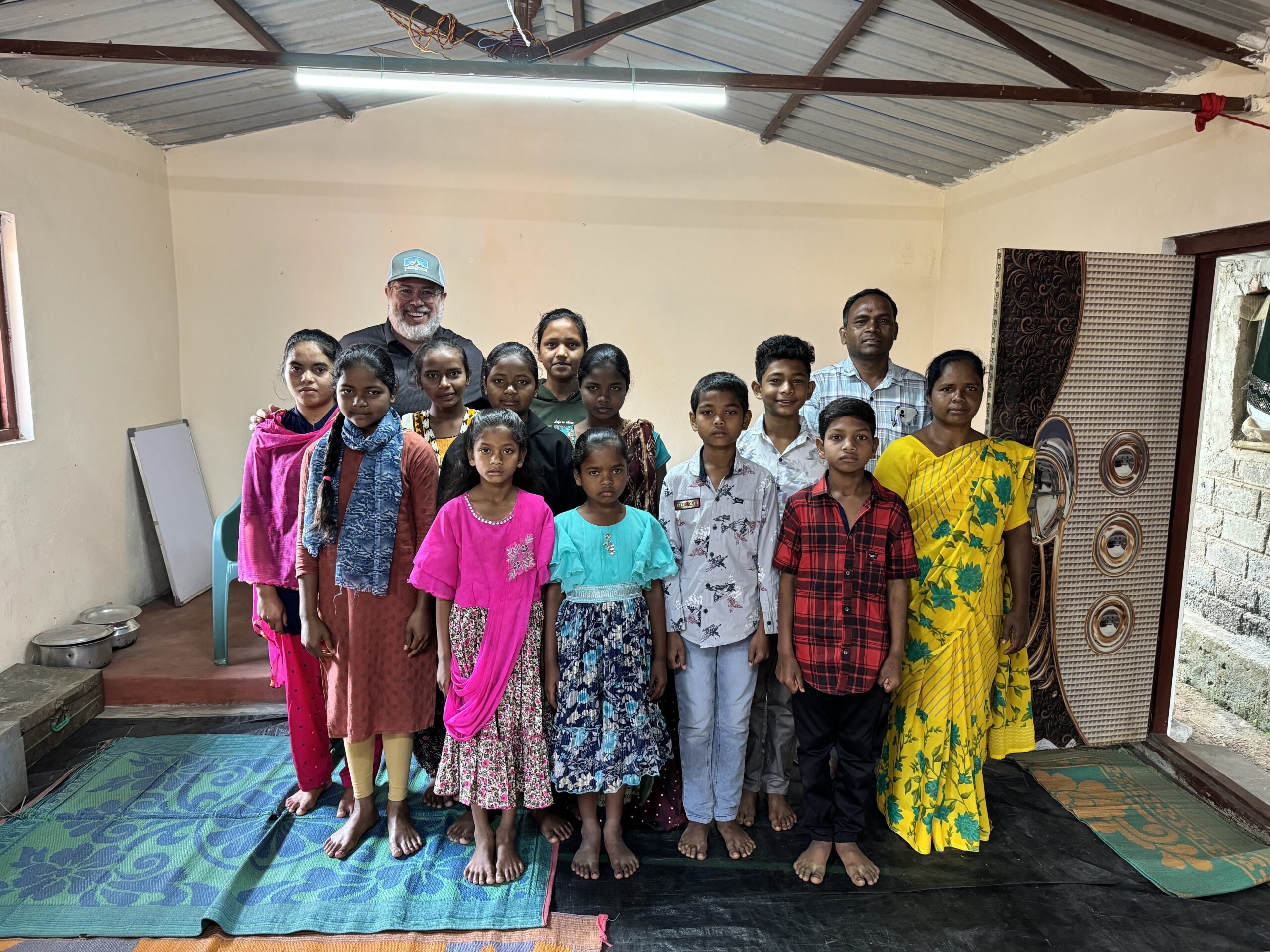One of the unique aspects of our work at Set Free is that it is all done by indigenous partners. The state-side branch of Set Free, the small, local staff located in Greenville, SC, is solely focused on fundraising efforts, spreading the word, and championing our in-countries partners day in and day out. The reason Set Free functions in this crucial way is because it is one of our core beliefs: to empower others to make a difference in their communities. They are the experts – not us. But that doesn’t mean there aren’t challenges with this model.
Pros of Working with In-Country Partners
- Building relationships and getting an inside look at the culture, political atmosphere, and religious influence throughout the area we are working in. Just like with our own country, our partners are fully immersed in the place they call home. They understand the inner workings of that particular place in ways that we just simply never could.
- Their influence is larger than ours ever could be. As a local, they carry an influence we never could because they are equally affected by the work they are doing as those around them. In other words, they are able to explain that they are all in this together to make a positive change in their shared community.
- They speak the same languages. This is a very tangible pro for working with in-country partners. In the places we work, there are dozens of different languages being spoken depending on the village you are in and we don’t speak them. By growing up their and being fully immersed in that, our partners all speak enough languages that they are always able to communicate with those we serve.
- Collaboration opportunities. Partnering with indigenous pastors, drill crews, medical teams, counselors, etc. gives us the opportunity to collaborate by coming together to share our different experiencing, knowledge and ultimately for us to champion them in making a positive, generational impact in their own community.
Cons of Working with In-Country Partners
- Communication issues. There are definitely logical cons to working with in-country partners. Any time you’re working with, or in relationship with someone on the other side of the world, we all know that communication can suffer. There’s only so much communicating you can do when there’s a 10 ½ hour time difference. It ultimately leaves leaders on both sides communicating in the middle of the night.
- Cultural differences. Naturally there are also certain cultural, religious, and political things we cannot fully experience or feel the full impact of from the safety of the states. We rely on our partners and keeping up with the news to understand these things and their impacts on our work as much as possible.
- Somewhat of a disconnect in the day-to-day impact. It’s equally hard to feel the full impact of our work on the lives that are touched through slavery rescue, clean water, medical care, or the Gospel without being there. That’s why as a state-side team we make sure to go visit our partners in the country we work so that we can see what is happening first-hand. On these visits, we very much follow their lead – because like we said, they’re the experts.
Overall, we believe that the pros of partnering with in-country partners far outweigh the cons of it. We are willing to work through the logistical setbacks for them to make the ultimate impact in their own country.
You may also like:
Local vs. Global Missions: Which is More Important?
How to Choose a Charity to Support
How to Pray for Ministries and Tips to Get Involved







